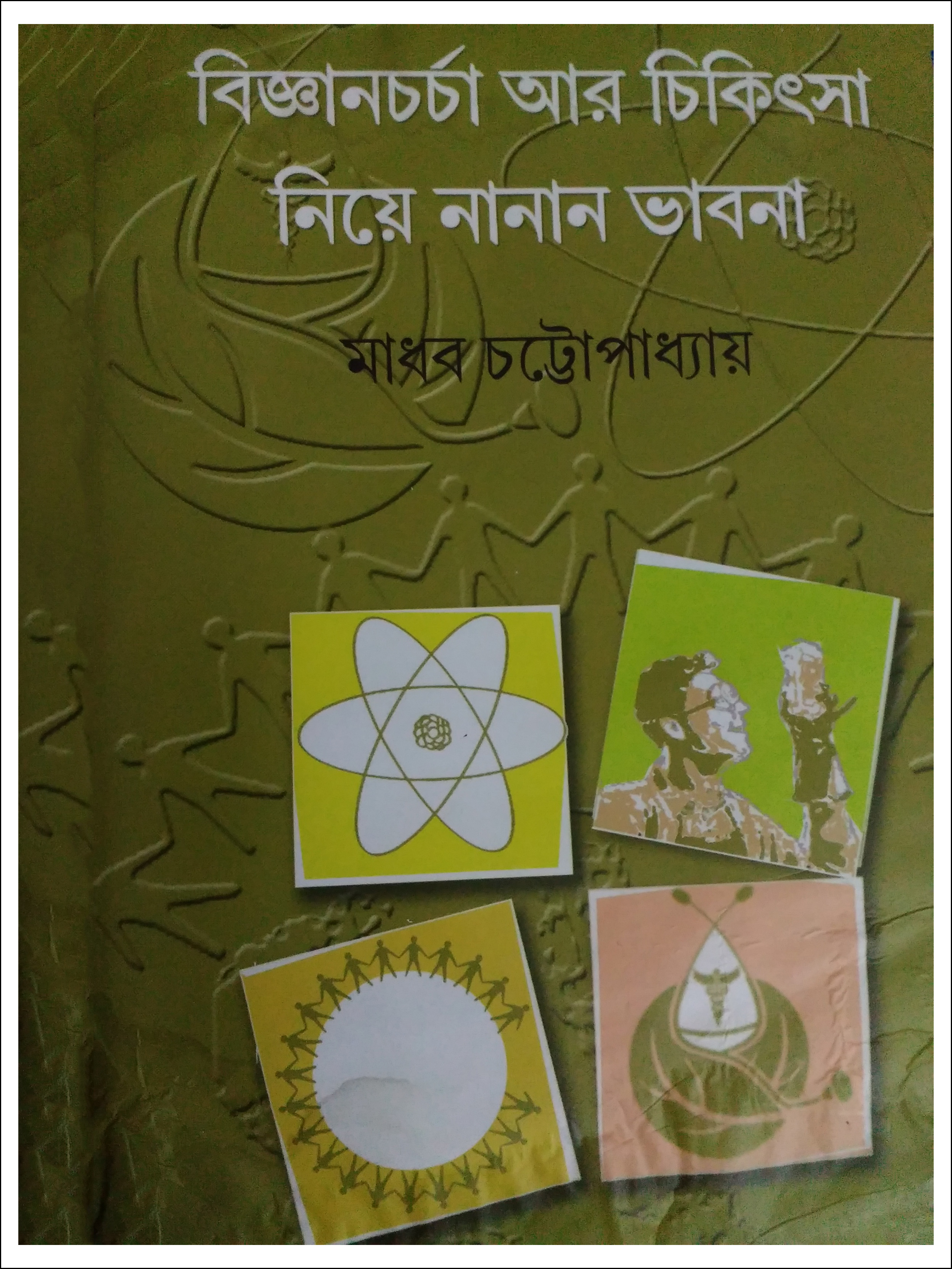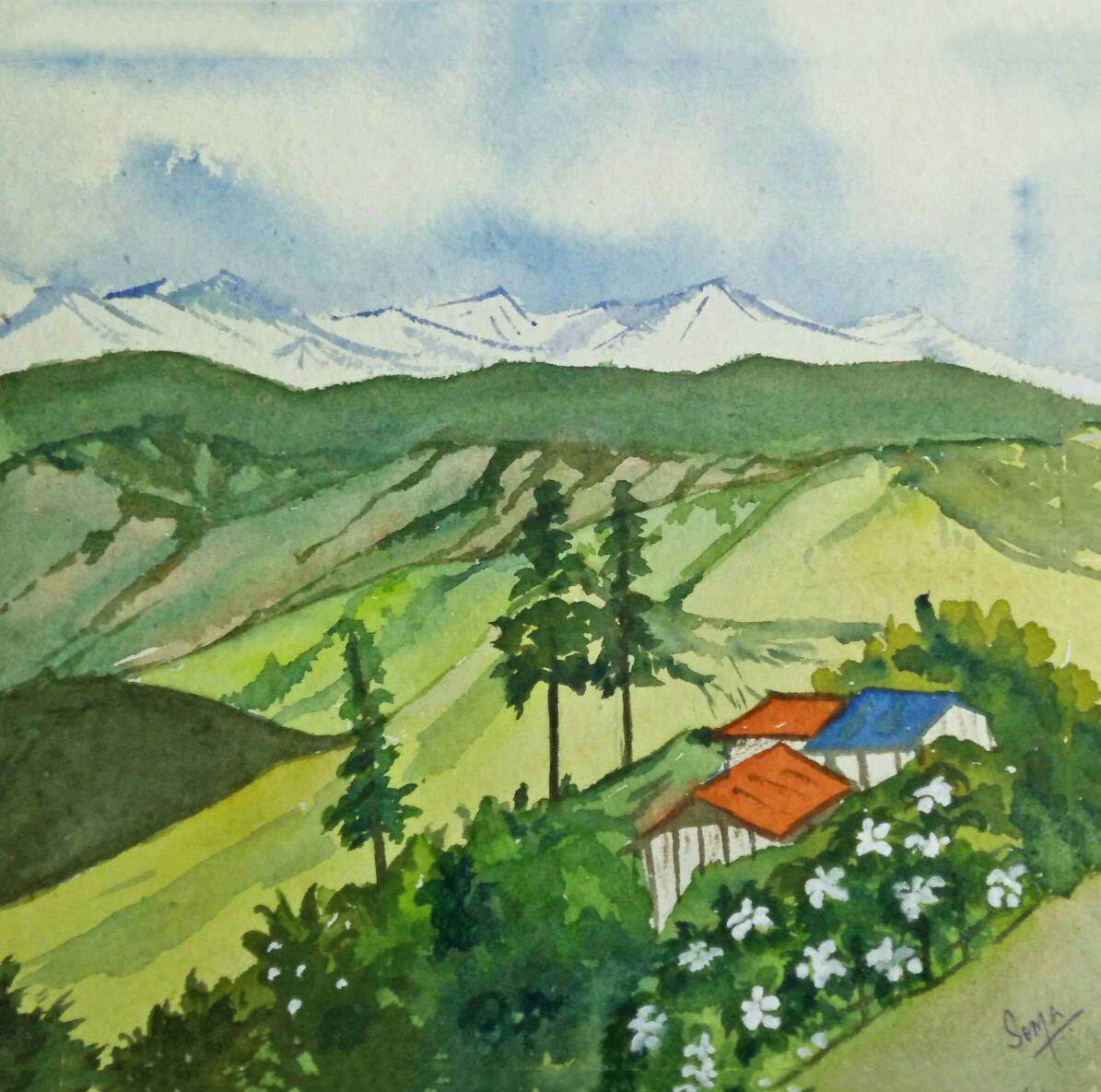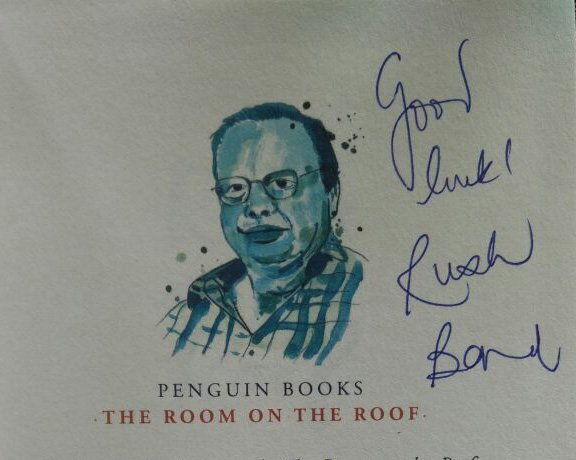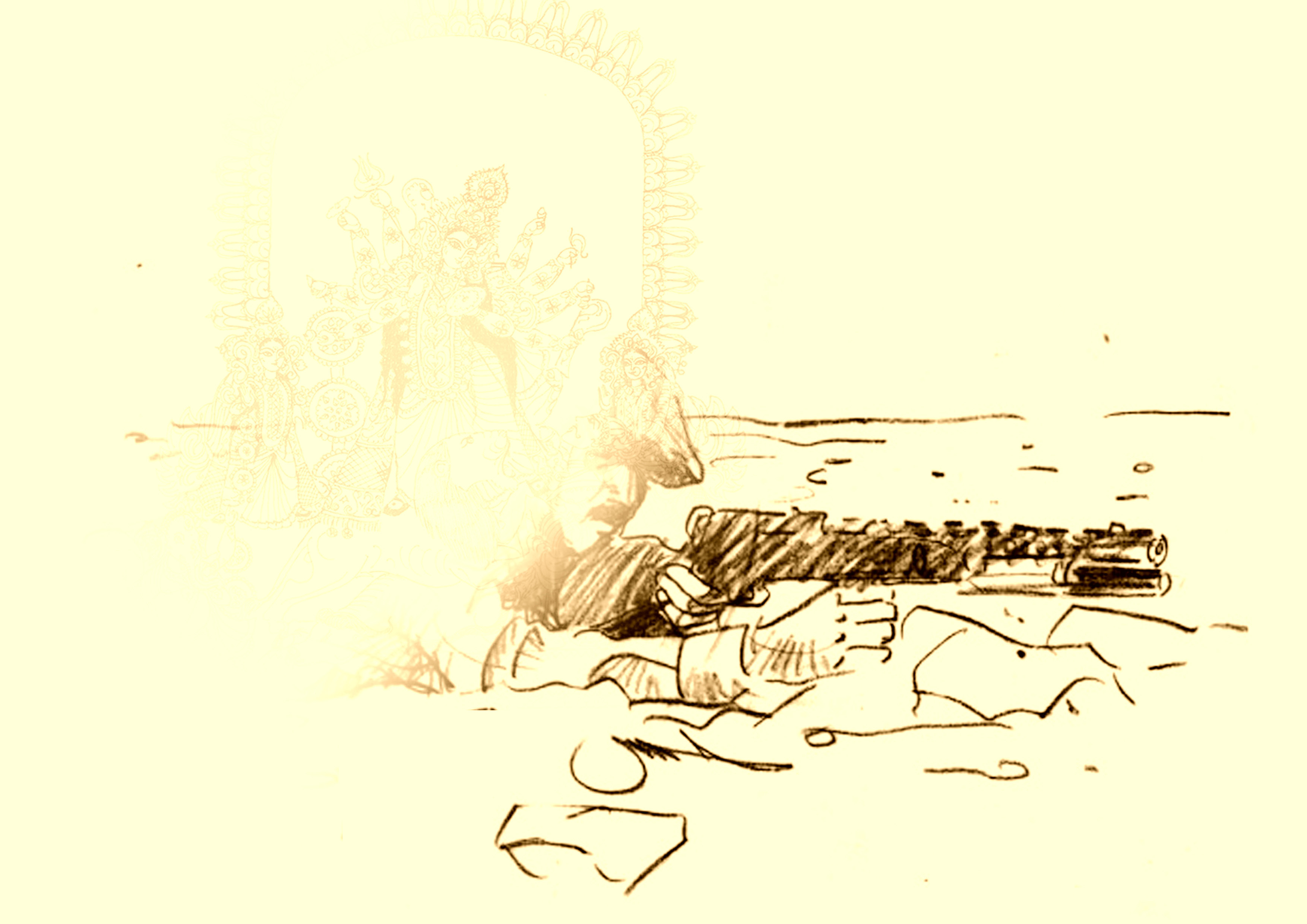Sudarshana Dhar
The hills are alive with the sound of music
With songs they have sung for a thousand years
The hills fill my heart with the sound of music
My heart wants to sing every song it hears…
The Sound of Music (1965)
Music, like any other art form, is often defined by an individual’s experience. Yet, what construes as music? The immediate thought that comes to my mind is that music can be anything that is pleasant to hear.
It might be interesting to trace how the mind fathoms music. Is it simply a gathering of notes? Or how the words are arranged corresponding to the notes? Is it the poetry in the song? Is it the supporting music? Is it the twang of the string or the rolling of the tabla? Is it the tonal quality of the vocalist or the beat that leads one to tap the foot?
Again, if we choose to broaden our definition – is it a capsule of one’s memories? Perhaps, a lullaby that the mother sang? The croaking voice of your grandpa chanting a shloka? The off-key yet full throated voice of the oarsman? Or the chirping of the birds in the early morning? The first babble of your child? Or even the first time the mother hears the new born baby cry?
But then, what’s music to one might be noise to another.
The recorded version of Suprabhatam by MS Subbulakshmi is played across the southern part of India at the wee hours in almost every Hindu household. Do you really think that the music that the natives of Deccan Plateau regard as ‘divine’ would hold the same value to a denizen of a different country or continent? To someone from Meghalaya or Manipur?
On a similar note do you think that the radio programme Mahishasuramardini that is broadcast on the day of Mahalaya every year at 4 am and enjoys immense popularity among Bengali community, would be equally appreciated by Indians from other regions too? Is it not then a beautiful manifestation of memoried(!) music that the typical Bengali eagerly awaits the whole year and doesn’t mind waking up in the dark to turn on the radio and catch up on the repeat broadcast that is being replayed for ages?
So music that one appreciates is not just a gathering of notes, instead it evokes a unique context of cultural connotation to the listener. For a child, the first form of association with music comes with unique experiences and memories. These are often sounds from different sources. But these become a part of the soundscape that the child grows up in and later forms the music that is associated with those experiences or memories.
What was that my father sang when he propped me up on his shoulders and went around the house? The radio that played the first notes of shehnai in the morning; the tinkling of my mother’s bangles that I could hear from a distance; the wind that howled by my house on the hilltop; the chirping of the birds, the sound of the river, the melody of the wind, the rustling of the leaves – these are different forms of music that a child grows up with. This is the music that the child doesn’t hunt for. It is merely part of the child’s environment which resonates in the subconscious, the way Maria could hear the hills sing in the film The Sound of Music.
My granny was off-key to an alarming extent. But as much as she loved listening to me singing to her, I loved to hear her sing the 108 names of Krishna, set to a tune I could never fathom, given her non-existent musical skills. This music carried no perfect swaras but it had loads of warmth and affection. It was music, to my ears, undeniably.
Then came my appreciation for the organized perfected art of music. This came only after I underwent enough training to understand and appreciate a performance. This form is much more organized even in its moment of supreme creativity or utter chaos. It is still defined in terms of set frequencies, defined pace and rhythm; swaras arranged neatly and rhythm and words set to some level of expectation.
There are categories of music that are broadly defined according to a region’s legacy of Classical music. The format is well-set and the voice throw is formalized. The instruments used are defined to the finest detail of fibre or metal used. The form, content and expression just get more and more refined with every year of its existence. It is not expected from the man on the street to walk into a concert of Classical music and figure out what the performance is all about. There has to be some initiation and training to appreciate this defined form of music.
Defined music can also be in a lighter form where one does not need training to appreciate a performance. This kind of music has an easy form of sound arrangement with or without poetry. This lighter form is often found in music albums and music used to support the storyline of films. In this form of music, the soundtrack or playback forms an integral part of the experience, yet it is never the primary focus. But since, films have a wider reach with its power of storytelling, the accompanying music travels far and wide and reaches remotest parts of a country with ease. At least, this is how Bollywood-esque music travels far and wide.
While traveling to some remote parts of India, I have heard cassettes and CDs being played in the cars and buses. Surprisingly, these were not local songs but Bollywood songs, that were released at least two decades back. That set me thinking whether they find it comforting to listen to known songs repeatedly.
There is a third form of music which is folk.These songs are spontaneous and heartfelt that speak of joys and pains of a particular community and its surrounding geography. This music reflects the air, water, rain, trees, birds, flowers of a particular region. Folk music has the rhythm of the task that the local community is engaged in. For example, the tea garden workers sing the music of plucking the tea leaves, which has the rhythm of the task too. The oarsman sings his song in the tune of his daily chore of pulling the oar, the menial labourers sing the songs that are set to the pace of their chores too. The beat is engaging, the tune is hummable and one gets to hear highly philosophical statements springing from harsh truths of real life. The songs can bring tears to one’s eyes and then a cheer to celebrate the magic of life with a smile and move on.
The best part of the folk form is its easy appeal even to the uninitiated. Though the music is a reflection of the geography and its people, it never fails to attract people outside its geographical limit. One can easily find foot tapping cheerful folk music that can enliven the spirit within. Some songs also carry the angst of the deprived or downtrodden and one can still feel the same even if the language is alien.
And then there are poet composers like Tagore and Thyagaraja who have left behind a rich legacy of poetry and music adding as an entire genre to be explored. In Tagore’s collection, there are songs that can find a place in the well-defined form and yet there are umpteen compositions that have been adapted from the folk tradition. Tagore had the privilege to be born in times when he could to be widely documented and published such that the tradition lived on. He created a wide repertoire which included music that appealed to the musical mind of both the initiated and the uninitiated.
Here, I offer my apology to the readers who know more poet composers like Tagore and Thyagaraja and feel that I haven’t been adequately exposed to talents existing worldwide. My limited reading led me to these two talents and I would like to hear about anyone else who gave the musical world a collection so large and such rich.
I have an interesting observation to share with my readers. I have a group of friends who are musically inclined. We share music whenever we come across something new and interesting. I have noticed that a new song or piece of music holds different points of attraction/observation to different friends. The first play has different things to offer to different pairs of ears. One is attracted to the lyrics, the other to the composition of notes, the other listens to the background/support music, yet another listens to the tonal quality and expertise of vocal skills. With the second hearing, gradually, the mind opens up to hear and look at the other points of attraction.
Whether we agree or not, music undeniably, is experienced in varied ways. We do need some amount of orientation to even sit for a while and pay some fleeting attention to music that we experience.
Yet, it remains the best messenger of feelings across time and space. The pathos, the angst, the joy, the ecstasy of human beings travel across geographies and communities the best in the form of music. It has the potential to charm the stranger, lure the unknown, calm the troubled soul and speak galore when every other form of communication seems inadequate.
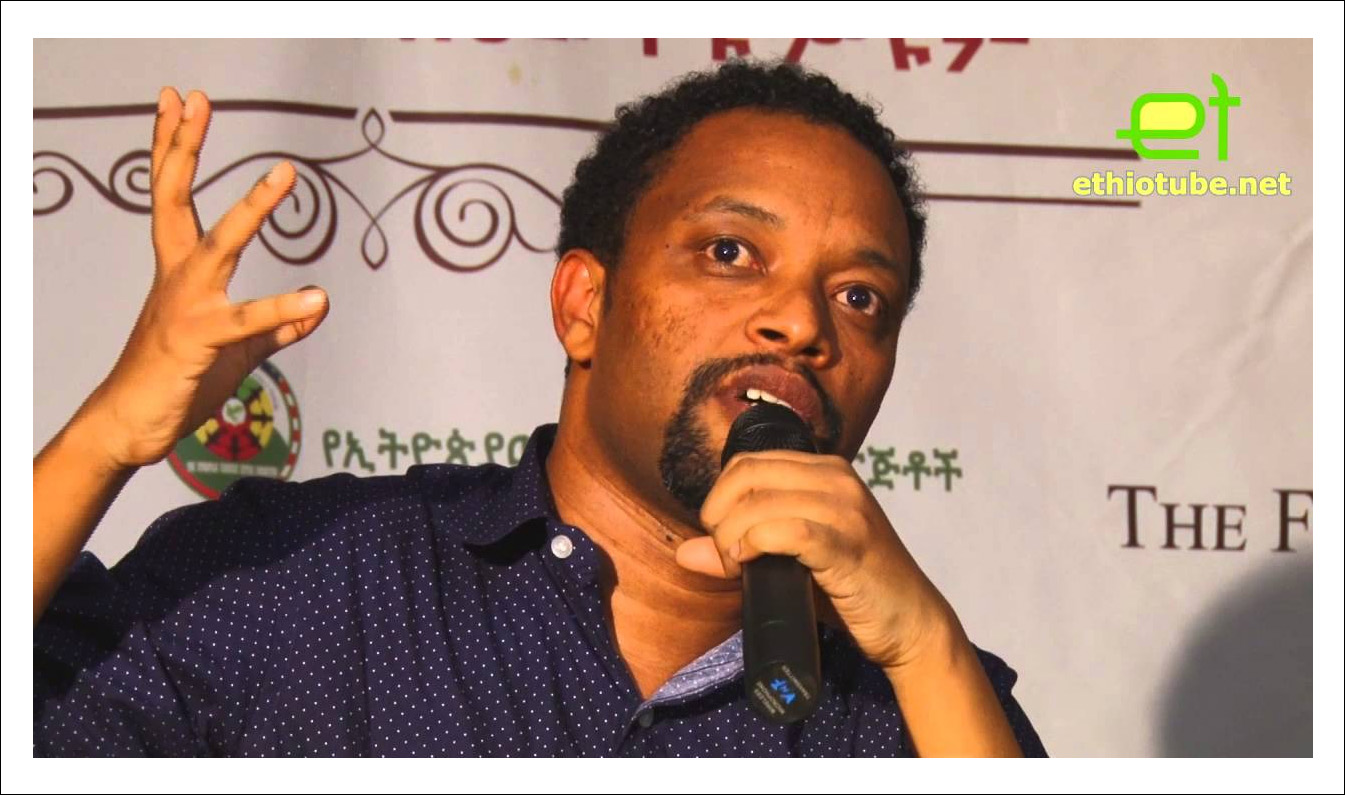 যদি কখনও ঐ অত্যাচারিত প্রেতাত্মারা
যদি কখনও ঐ অত্যাচারিত প্রেতাত্মারা

